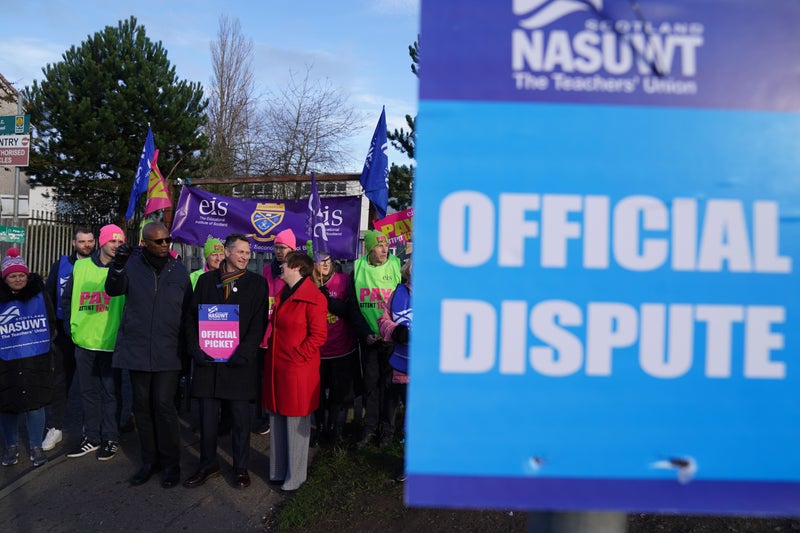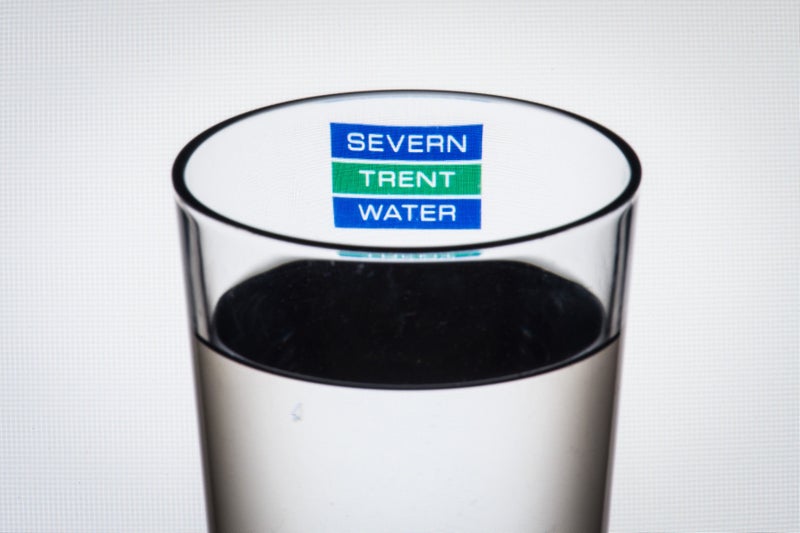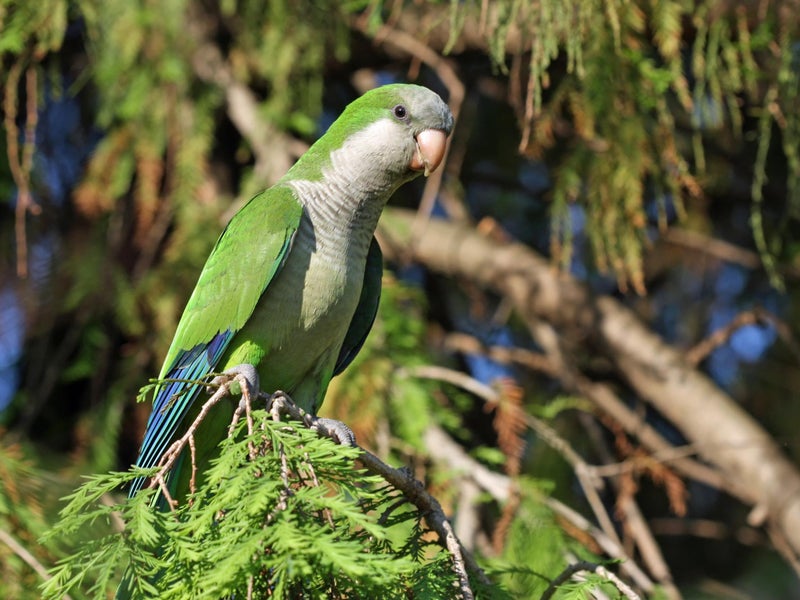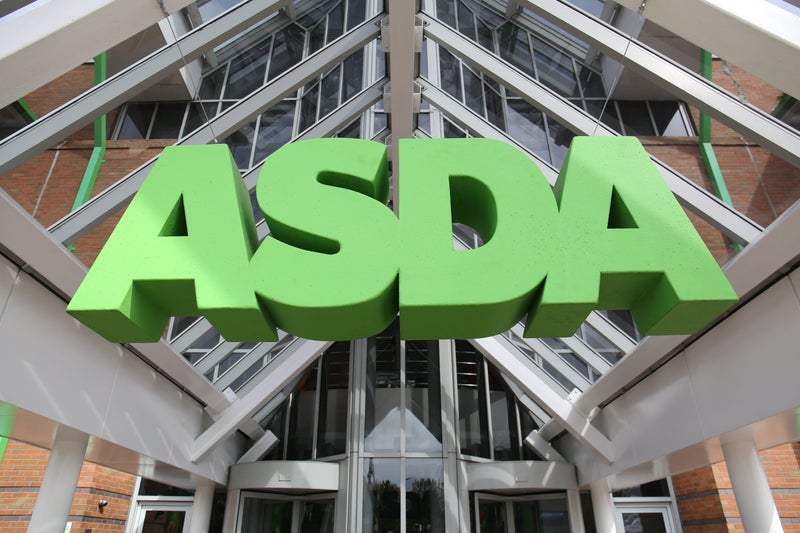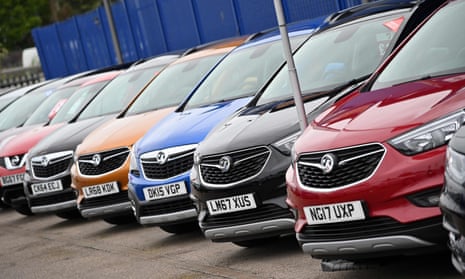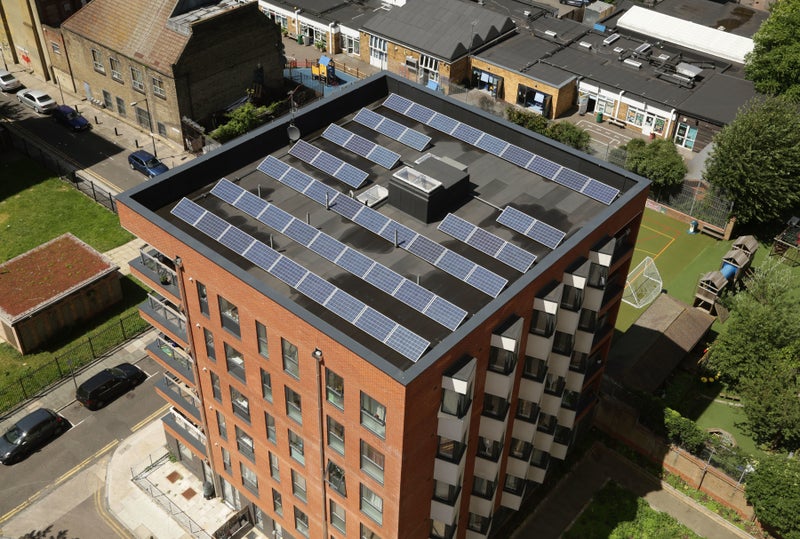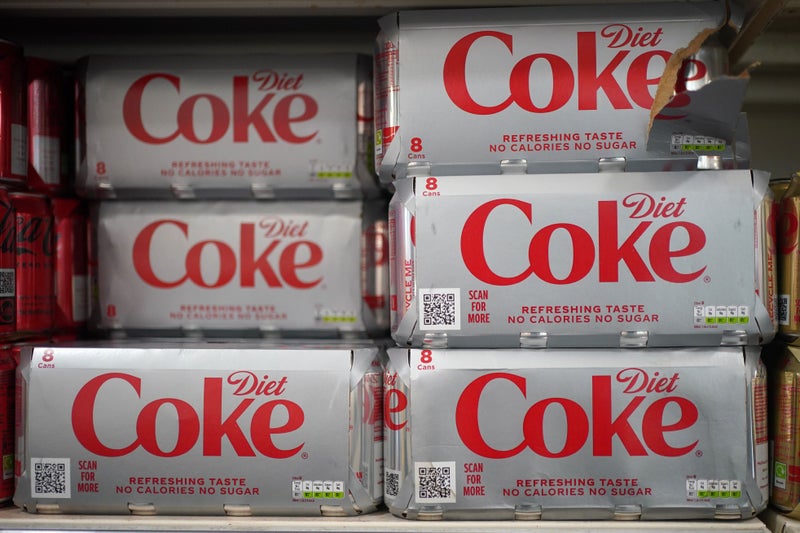On one hand, for many within the Kremlin’s establishment, the return of western businesses – paired with a peace deal that favours Moscow – would signal that Russia had ultimately been reintegrated into the international fold, despite having launched the largest war in Europe since the second world war.
After three years of war and western isolation, Russians are starting to hope that the recent flurry of US-Russia diplomacy could offer a path to peace in Ukraine – and restore the sense of normality lost when their leader sent tanks across the Ukrainian border.
Dmitry Peskov, Putin’s longtime spokesperson, acknowledged last week the discussions about the return of foreign businesses, stating: “Of course, they will be able to return to Moscow and resume competition with Russian manufacturers.”.
Some argue that allowing European and US brands to return would threaten the profits made by their Russian substitutes, which have dominated since the exodus of western competition.
Yet they also show that many Russians – especially in major cities like Moscow and St Petersburg – appear to yearn for the pre-war days when they could easily fly to Europe or browse the aisles of Zara.












